Madison is now an official program city for Kiva, the international lending platform known for helping small businesses through zero-interest, crowd-sourced loans.
Madison’s addition to the list of Kiva cities is good news for startups looking for a new way to access capital—especially women entrepreneurs—because it provides an alternative to commercial lending, says Nichole Crust, Kiva’s market lead for greater Madison at the Wisconsin Women’s Business Initiative Corporation (WWBIC).
“Any small business owner can apply for a Kiva loan. However, our target audience is women, people of color and immigrants,” Crust says. “These populations are underserved by traditional lending institutions. In Greater Madison, 73 percent of Kiva’s borrowers are women.”
As one borrower noted, “receiving the Kiva loan was essentially receiving support from friends and strangers alike who believed in her and her business,” says Crust. “Kiva provides economic empowerment to women.”
Kiva launched pilot locations in the U.S. in 2011, and quickly came to the attention of WWBIC as a helpful tool for Wisconsin’s entrepreneurial community. WWBIC President and CEO Wendy Baumann reached out to Kiva officials who agreed to make Milwaukee a Kiva city, which requires a committee of local partners as well as a financial investment to join the network. After reaching funding goals, Milwaukee became the 11th Kiva city in the U.S.
After initial success in Milwaukee, the Wisconsin-based partners began exploring ways to increase the accessibility of Kiva loans to business owners in other parts of Wisconsin.
As the network of partners was developed to support Kiva’s arrival in Madison, a new matching fund program was also created to help companies reach their desired Kiva loan amount faster. Developed by a coalition made up of WEDC, the African American Chamber of Commerce of Wisconsin, the Hispanic Chamber of Commerce of Wisconsin, the American Indian Chamber of Commerce of Wisconsin and the Hmong Wisconsin Chamber of Commerce, as well as local businesses and WWBIC, this program is administered through the partner chambers and is available to businesses based in communities that are part of the Wisconsin Main Street and Connect Communities programs.
In Wisconsin to date, 15,000 lenders have contributed to more than 300 Kiva loans for 200 borrowers, totaling over $1 million. Almost two-thirds of the borrowers are women, and most work in the retail, food and service industry sectors.
Madison’s startup community, together with business leaders and city officials, generated similar enthusiasm and is eager to get started, Crust says, noting that the microloan financing vehicle offers favorable terms to borrowers.
“Greater Madison is an area that loves and supports its small business owners with an ecosystem of resources, including everything from capital and technical assistance to great customers,” she says. “Kiva offers small business owners zero-interest, no-fee micro business loans through a blend of traditional and social underwriting. Support from the community is key to the social underwriting process and built into the fabric of the city.”
When an applicant applies for a loan, it’s posted to the Kiva website for lenders to view and support. Fundraising begins, with lenders able to contribute amounts as low as $25 until the loan reaches the desired total. As lenders are repaid, they can either withdraw the funds, donate them or fund a new loan. To date, Kiva has a 96.9 percent loan repayment rate and has funded $1.25 billion in loans worldwide.
The committee of sponsors and trustees for the Madison launch includes the City of Madison, WBD Inc., Wells Fargo, the Evjue Foundation and State Bank of Cross Plains. The Doyenne Group also played a significant role in bringing Kiva to Madison.
“Kiva will bring an incredible opportunity for Madison’s entrepreneurial community,” Crust says, adding that the strength of the local business community will act as a network for information to spread quickly about Kiva’s expanded presence in the city.







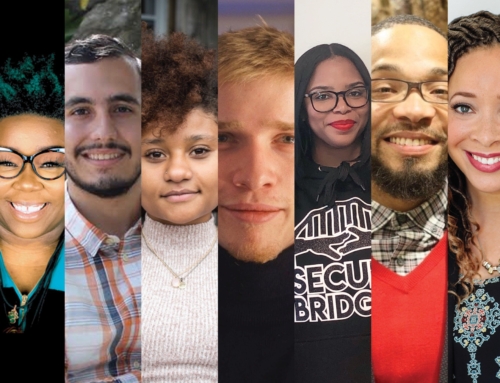
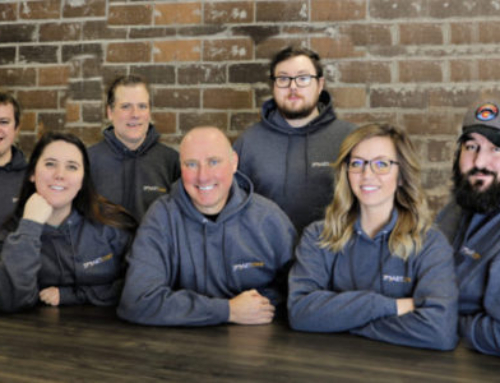
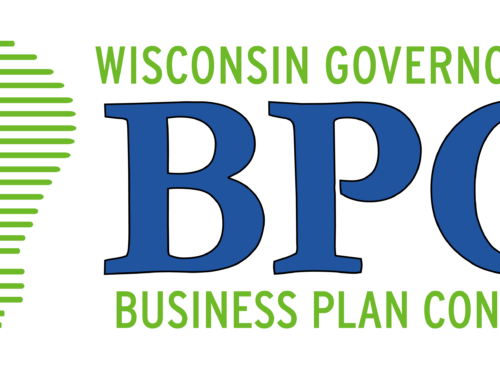
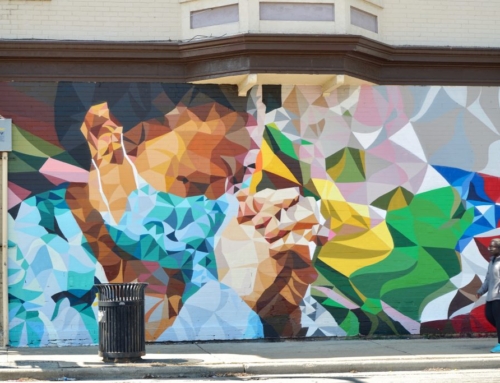
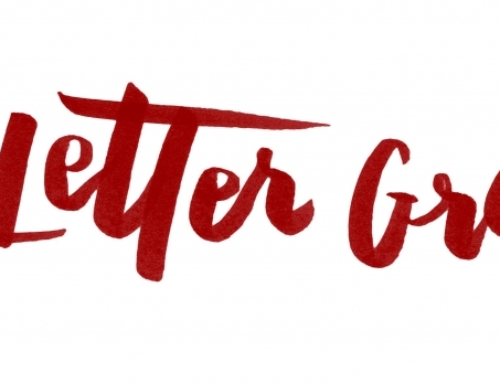
FOLLOW US